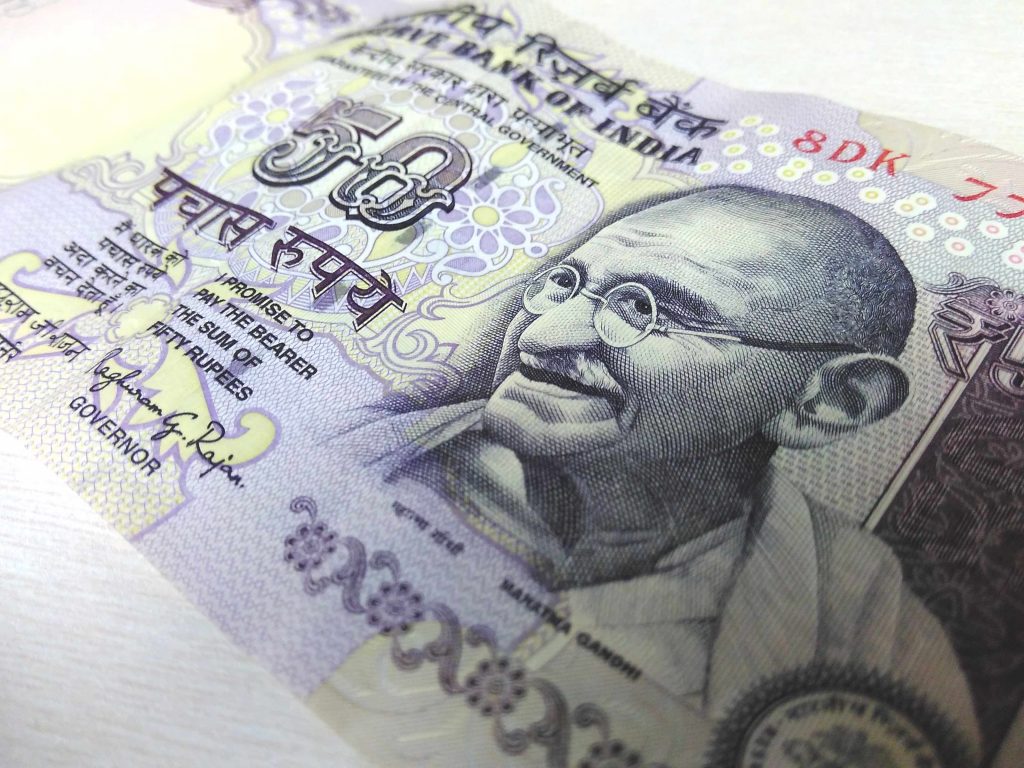India’s reserve bank may be launching a new cryptocurrency, while the country’s biggest exchange has started refunding users’ money. What has motivated these changes? And what does this mean for the future of cryptocurrency in India?
The Reserve Bank of India (RBI) may be preparing to launch a new cryptocurrency, according to sources speaking anonymously to The Economic Times.
On August 27th the Mumbai-based newspaper reported the creation of a team responsible for beefing up [the bank’s] intellectual capital.
While apparently operating on an experimental basis, the team’s existence marks a big shift in bank policy.
The Indian government has previously been critical of cryptocurrencies and the bitcoin network. It was only a year ago that the RBI released a scathing critique of cryptocurrencies, calling them a combination of a bubble, a Ponzi scheme and an environmental disaster.
Why the 180-degree policy shift? And what does this mean for cryptocurrency adoption in India? Bitcoin Australia spoke with Sandeep Goenka, COO of cryptocurrency exchange Zebpay, to get the scoop.

A rough start
In an attempt to regulate India’s nascent cryptocurrency industry, the Reserve Bank of India announced a ban on currency exchanges in April 2018, and called on other regional banks to end support for cryptocurrency exchanges.
The so-called ban prevents exchanges from buying or selling India’s fiat currency, the Rupee. The policy adoption is spurred by fears of money laundering and fraudulent ponzi schemes targeting misinformed investors.
However, the industry’s lack of regulation and oversight has meant RBI’s policy affects legitimate currency exchanges as well as fraudulent ones.
Several cryptocurrency exchanges, members of the self-regulating Blockchain and Cryptocurrency Committee (BACC) of the Internet and Mobile Association of India, filed an appeal against the bank immediately. Their overture to the court was unsuccessful.
The news has made international headlines. Bloomberg in the US ran an article titled Cryptocurrency Virtually Outlawed in India as Top Court Backs Ban
, while Australia’s ABC called it India’s Crackdown
.
In 2016, the Indian government banned the 500 and 1000 Rupee notes in a demonetization effort targeting wealth hoarders and so-called ‘black-money’.
First hurdles
While well-intentioned, the clampdown may do more harm than good as Indian cryptocurrency exchanges now find themselves in a difficult position.
Most Indian exchanges, including Zebpay, only allow users to trade in cryptos via bank accounts as self regulation. Since Indian Rupees to crypto on-ramp cannot work for users, this has had a severe impact on trading.
[The RBI] has banned regulated entities, primarily banks and payment gateways from doing business with cryptocurrency businesses,
Zebpay’s Sandeep Goenka explained.

As co-founder and COO of India’s first cryptocurrency exchange, Mr. Goenka has been following the situation closely. The stakes are high, and thousands of Zebpay users are depending on a good outcome.
Zebpay is India’s biggest exchange,
Mr. Goenka told Bitcoin Australia. The exchange facilitates the sale of bitcoins, bitcoin cash, ripple and 18 other virtual currencies.
Although only available in India, [our app] is the 4th highest downloaded crypto app in the world [and] has 3 million downloads.
Zebpay made headlines recently, with news that it will issue user refunds and cancel INR pairs. This is in response to RBI’s notification,
Mr. Goenka explained. [The regulation] has disabled banks from dealing with crypto exchanges.
The exchange is exhorting users to keep trading and stay strong
while the situation unfolds.
Second time lucky

This isn’t the first time the Reserve Bank of India has considered creating a digital currency.
Last year government sources leaked plans for a currency called Lakshmi coin. While the name is apt — Lakshmi is the Hindu goddess of wealth — Prime Minister Narendra Modi’s administration remains quiet on the details.
There have been some press reports that the Indian government is considering its own cryptocurrency ,
Zebpay’s Sandeep Goenka told Bitcoin Australia. But I think such a project is at very initial stages and not close to any public release yet.
While Finance Minister Arun Jaitley did not mention Lakshmi coin in the 2018 budget speech, he did announced federal government adoption of blockchain technology.
US-based Blockchain in Government database reveals that the southeastern neighbouring states of Andhra Pradesh and Telangana have already jumped onboard. State officials are investigating the use of blockchain to prevent hacking of land registration data.
In the meantime, private investors are banking on Laxmi coin. Not to be confused with Lakshmi coin, Laxmi’s development has been slow thanks to hesitant venture capitalists, office raids and market uncertainty.
Zebpay’s currency exchange does not currently support Laxmi coin trading.
Moving forward
Despite harsh government policies and possible competition from India’s reserve bank, Mr. Goenka remains hopeful.
The COO of Zebpay is optimistic about increasing the magnitude and influence of India’s cryptocurrency network. Before the currency exchange crackdown, adoption in India was growing at a rapid pace like in every other country,
he told Bitcoin Australia.
He is not the only one banking on a return to normal.
Speaking to Thomson Reuters in May, New Delhi-based BuyUCoin’s Chief Executive Shivam Thakral was enthusiastic about the shared future of India’s crypto exchanges.
Even if formal banking channels cannot be used, people can move to crypto-crypto trading platforms.
Rather than a hindrance, the RBI’s regulations could fuel a push for innovation amongst members of India’s cryptocurrency community.